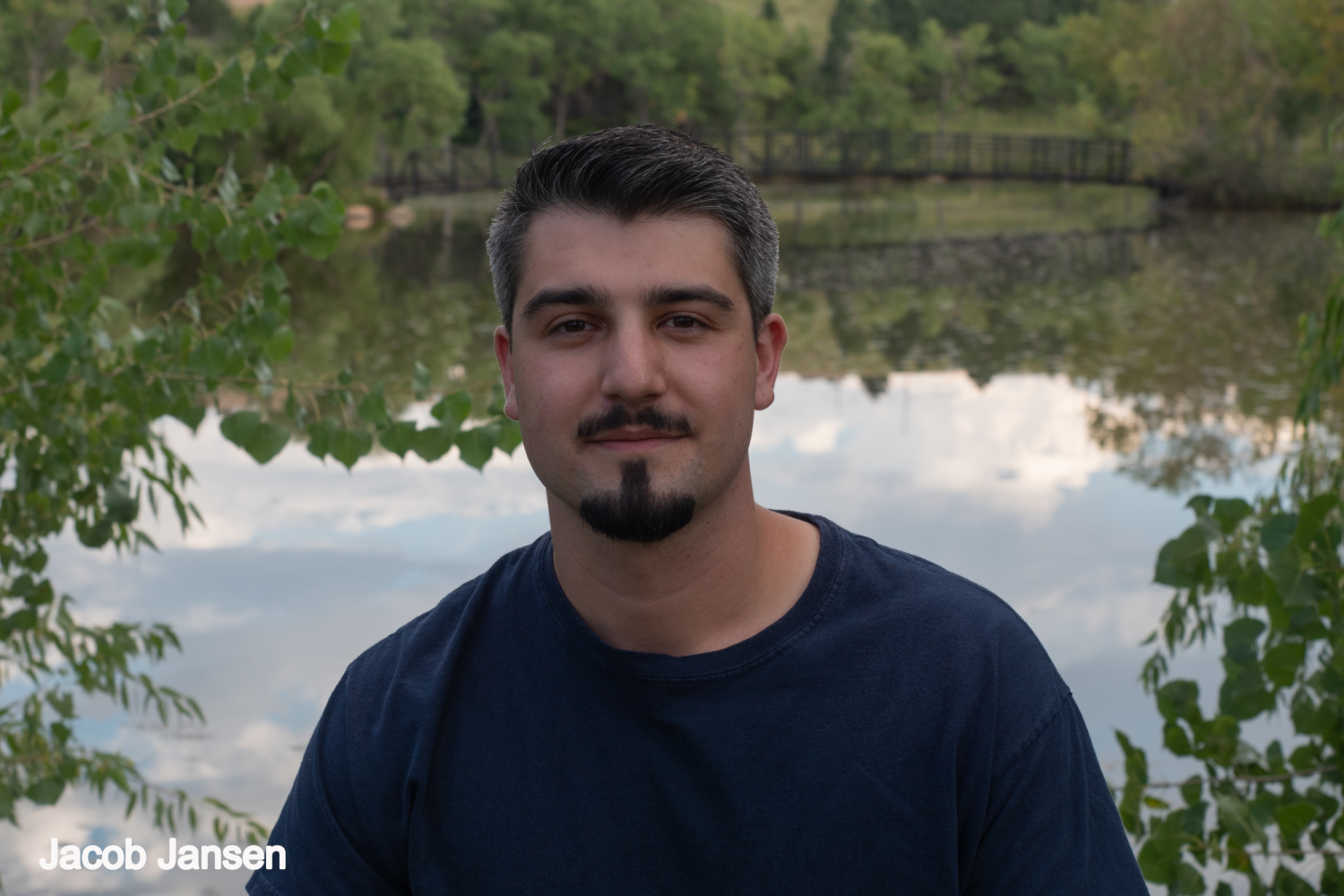Jacob Jansen

Jacob Jansen is a MA student in cultural anthropology. He focuses on environmental anthropology with interests in political ecology, (post)colonialism, nationalism, island sovereignty, conservation, and biomaterial in the genomic age.
His most recent fieldwork concerns the institutional power dynamics of honey bee conservation in Malta, a Southern European island country in the Mediterranean Sea. Historically, Malta is known as the island of honey and is home to an endemic subspecies of European honey bee, Apis mellifera ruttneri.
Jacob's MA thesis, "Queens of inferno: a political apicology of Malta’s beekeeping conflicts," details political relations with beekeeping in Malta and examines the apicultural diplomacy of an island state. He explores a political ecology of beekeeping—or political apicology—in the contexts of Malta’s environmental governance. Through ethnographic encounters and carefully selected socioecological theory, his thesis reveals an emergence of subjects by presenting people's acts and perspectives which shape the Maltese honey bee as it is known today.
Anthropology motivates Jacob to critically analyze beekeeping practices around the world, environmental governance, and island ecological futures.
Awards
2022 Beverly Sears Graduate Students Grant
Research Photos
An apiary in Malta
The Freedom Monument commemorates the exit of British military presence in Malta on March 31, 1979. Negotiated by then Prime Minister, Dom Mintoff, the departure of British forces ended an era of occupation. Malta was granted independence from the British in 1964, and became a republic within the Commonwealth in 1974. The monument is a roundabout, symbolizing a turning point in Maltese history. It can be found in Birgu, Malta, across from the 17th century church of St. Lawrence. Designed by local sculptor Antonio Agius, Dom Mintoff instructed that the monument mimic ecological characteristics of flora found in Malta.
Before the introduction of wooden hives in Malta, beekeepers used the qolla, a clay-fired vase capable of being extended. The introduction of new diseases and pests made beekeeping with these vessels impractical due to several management issues. Today, a small number of beekeepers still experiment with the qolla.
A rocky farm on the north side of Gozo
An apiary in Gozo
The islet of Filfla, as seen from the southern side of Malta near Mnajdra, a megalithic temple complex. Filfla is a conservation islet with heavily restricted access. Until 1971, the British Royal Navy and Royal Airforce used the islet for target practice. In 1988, the Filfla Nature Reserve Act was enacted to protect the islet's flora and fauna. A type of wall lizard (Podarcis filfolensis ssp. filfolensis) and door snail (Lampedusa imitatrix gattoi) are endemic to Filfla.

